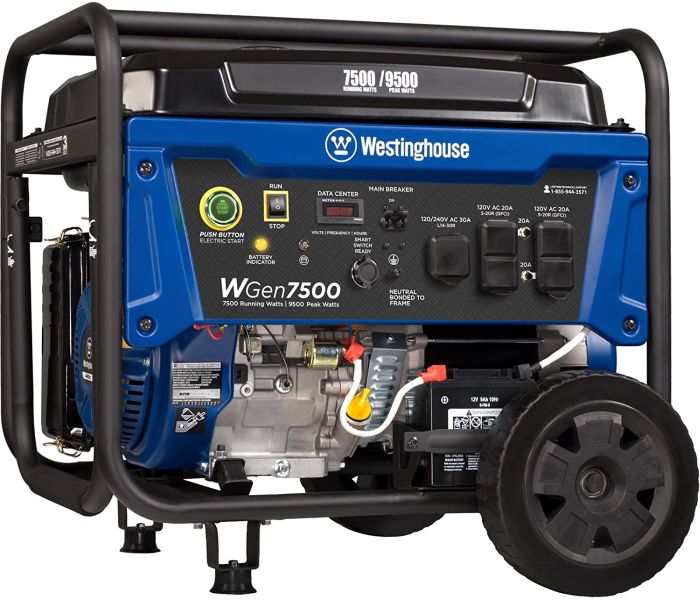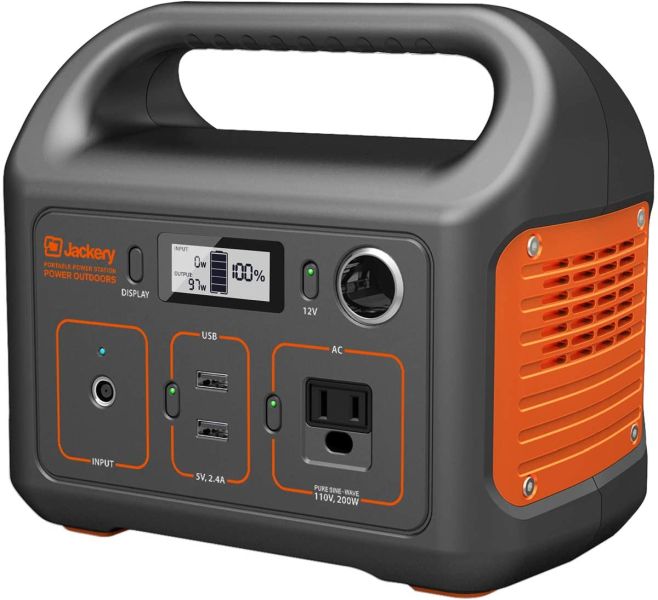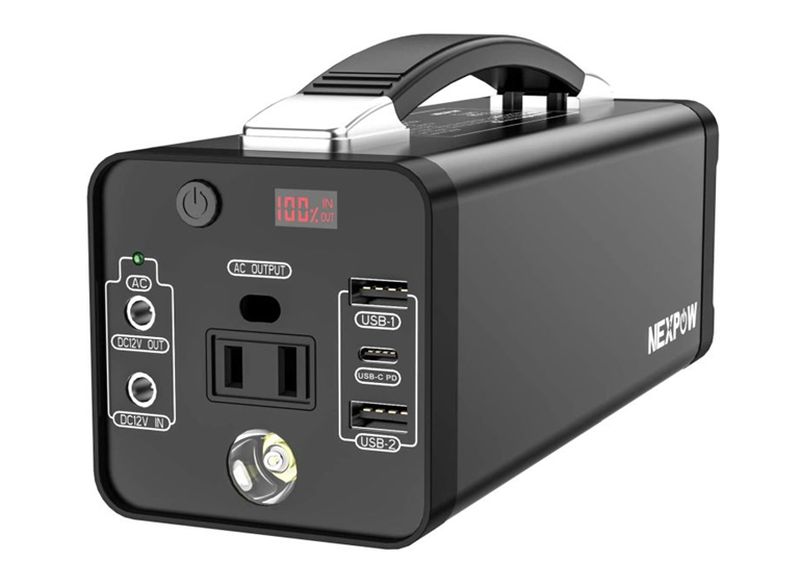You may have heard of them before, but it’s likely that a lot of people have never actually seen a portable power station and might not even know what they actually are. Most portable power stations are designed in a similar way to one another, but it’s really important that you understand what they’re for and how they work before you decide to buy, fix or tinker with one.
How they work
 Unlike a fuel generator, which is meant to convert physical fuel into power, a portable power station uses batteries to store the power instead. In a way, they’re like giant rechargeable batteries: you fill them with power and then they store it for later use, acting as a power bank but on a larger scale. Some will come with alternate ways to generate power (such as solar panels), but the basic idea is still the same.
Unlike a fuel generator, which is meant to convert physical fuel into power, a portable power station uses batteries to store the power instead. In a way, they’re like giant rechargeable batteries: you fill them with power and then they store it for later use, acting as a power bank but on a larger scale. Some will come with alternate ways to generate power (such as solar panels), but the basic idea is still the same.
The functionality of most portable power stations can be drilled down into three steps: it’s powered, it’s turned on, and the power is sent to whatever it’s connected to. It generates no fumes or emissions and doesn’t create any waste products, just like a normal battery will usually do. For example, you might charge it up at home, load it into your car and take it on a road trip – if somebody’s phone begins to run out of power, they can plug it in and turn on the power station to give the device a burst of energy.
Are they safe?
Like all power sources, there can be times where a portable power station might be dangerous, but they’re more of a power supply than a full generator. Unlike one that uses fuel, you’re not burning anything and there’s no direct conversion process going on, so it’s more like a storage tool. Because of this, it’s much safer and less risky to be around than normal power-generating tools, although you’ll still want to get one from a trustworthy manufacturer if possible just to make sure that you’re safe.
The Pros
 The main benefit of using a portable power station is the fact that they’re completely re-usable and scan store much more power than a regular battery, making them good for long-distance use or for making sure that you have some emergency power to use if necessary. They’re exceptionally handy for situations where other power might not be available, such as apartments that might be hit with a blackout from a minor natural disaster.
The main benefit of using a portable power station is the fact that they’re completely re-usable and scan store much more power than a regular battery, making them good for long-distance use or for making sure that you have some emergency power to use if necessary. They’re exceptionally handy for situations where other power might not be available, such as apartments that might be hit with a blackout from a minor natural disaster.
Since they don’t emit any smoke, portable power stations can also be used indoors, so you’re not limited to keeping them outside like a normal generator. This has the extra benefit of making them suitable for very small spaces, so you can keep your power station in a cupboard or out of the way and still use it whenever it’s needed.
Since no fuel is needed, you also don’t need to constantly feed the portable power stations when they run out. You have to recharge them, but this can be done ahead of time and the power decay time will be very low: compare this to a fuel generator, where you often have to store the fuel separately before use, and you’re saving a lot of space.
Cons
The main downside of portable power stations and other power supply tools is that they’re less powerful than a fuel-based generator, owing to the fact that they don’t create their power directly. They only have a certain capacity and can’t be used if they aren’t charged, so they need to be prepared before they’re able to be used. They’re also heavier than smaller power supply options: this isn’t a bad thing in every situation, but it can still be an issue for people with smaller cars or who want to transport it by hand.
Charging can also take a while if you’re relying purely on solar panels. The same can be said for any large power supply that has its own solar options, but the larger capacity of portable power stations can make it seem like it’s taking longer.
Should I use one?
If you need an easy way to transport and store a lot of power without having to manage multiple smaller tools, then portable power stations can be a great option. Just remember to keep them charged and use them responsibly, since they’re still based around electricity.
Article Submitted By Community Writer




